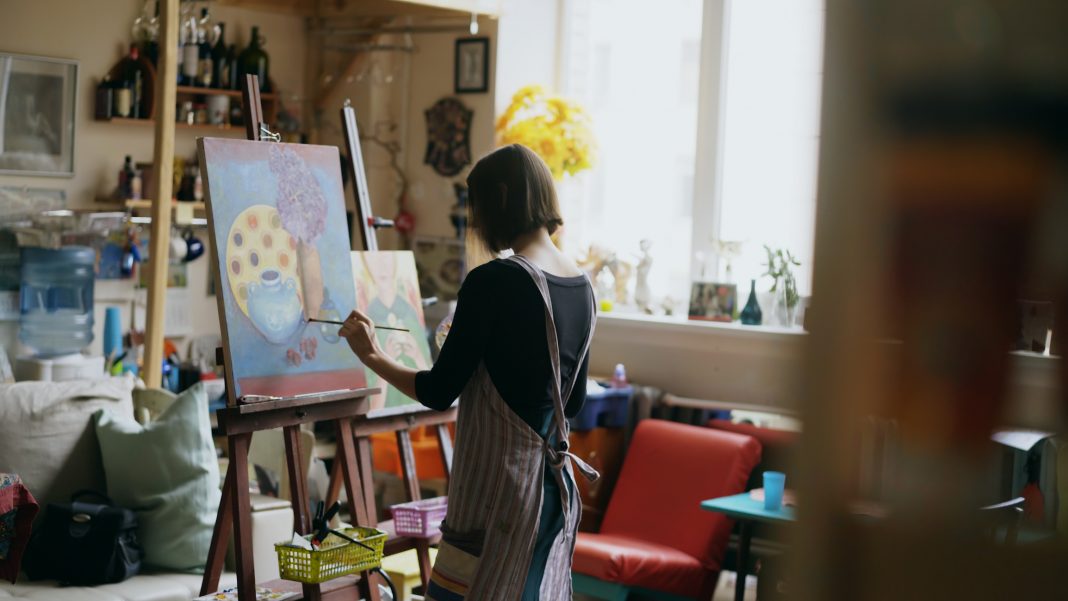Researchers suggest that to combat loneliness, finding activities with the ‘flow’ – engaging deeply in meaningful activities – can increase leisure and reduce loneliness
Increasing loneliness during the pandemic has arisen questions by researchers looking to keep a stable mental health when social contact and support were not available.
Loneliness during COVID affected people of all ages, from children to young adults to older adults. The alteration of our daily schedules to stay safe from the virus, and alteration to social behaviour to prevent the spread of disease, exacerbated the problem of loneliness around the world.
Though the free time supplied by a long lockdown was briefly idealised, research shows free time can sometimes be unhealthy by increasing loneliness.
To combat this, they found that deeply engaging in challenging, and meaningful activities during free time can reduce people’s loneliness and increase their positive feelings.
Despite technology connecting people, loneliness has increased over recent decades
Across two Penn State studies, researchers found that people who had meaningful activities and challenging experiences were less lonely – even when support was not available.
Former research has shown that loneliness among international university students is common around the world. International students are removed from their social networks and live in a different culture, often one that speaks a different language. Taking this knowledge, researchers investigated the tactics international students do to prevent loneliness.
From this, they found that they avoid loneliness through participation in social activities where they can receive ‘social support’ – where they gain the sense that they are cared for by the people with whom they socialize. During the pandemic, however, many group-based activities and social gatherings have been cancelled or prohibited.
Additionally, the researchers identified that the online social opportunities that became available in the pandemic may be less accessible to international students because of language and cultural differences.
Loneliness is very connected to our health
John Dattilo, a professor of recreation, park, and tourism management at Penn State, said: “There is a well-known saying: ‘Time flies when you are having fun. The unspoken corollary is that time drags when you are bored. Our research shows that both of these ideas are true.
“By engaging in meaningful activities during free time that demand focus, people can reduce loneliness and increase momentary happiness. Psychological, emotional, and cognitive health are all challenged when people are lonely. Loneliness is associated with depression and other mental health challenges.
“When people become engrossed in what they are doing, they enter a state that is called ‘flow,’. Flow can be achieved by engaging in mental or physical activities that we value and that require us to concentrate fully to use our skills.”
Reduced loneliness is associated with engaging in enjoyable activities that require both concentration and skill – enter, the ‘flow’ state, which invokes both requirements when engaging in a meaningful activity.
To achieve the state of flow, an activity must require a good deal of their skill but not be so difficult that it seems impossible. It must demand concentration to execute and be meaningful to the participant – for instance, artistic endeavours like playing the piano or painting can induce flow, as can physical activities like skiing or chopping wood, along with mental tasks like writing or storytelling.

People with a lot of free time are able to achieve flow when they engage in meaningful activities. In this way, time passes quickly for them, their life has meaning, and their experience of loneliness is reduced, according to the researchers.
Dattilo continued: “When we enter a state of flow, we become absorbed and focused, and we experience momentary enjoyment. When we leave a state of flow, we are often surprised by how much time has passed.”
What induces flow differs from person to person based on individual skills and values
Social support from friends and acquaintances is a primary way that people reduce loneliness, but as this was not available through much of the pandemic – and even in everyday life for many people, as obtaining adequate social support can be challenging – they found that flow was even more important to reducing loneliness.
It was found however, that some activities never induce flow, while other activities may or may not, yet this is all dependent on the individual. There is nothing wrong with watching television, but, typically, it does not help people enter a state of flow because they are unlikely to experience any challenges and it is not as meaningful as say, trying something new, or engaging your brain to achieve something.
Dattilo finalised: “Learning which activities might enable someone to enter a state of flow requires asking questions and listening. People tend to thrive on healthy engagement and challenge. My collaborators and I hope that this research will help people live fuller, happier, healthier lives.”











